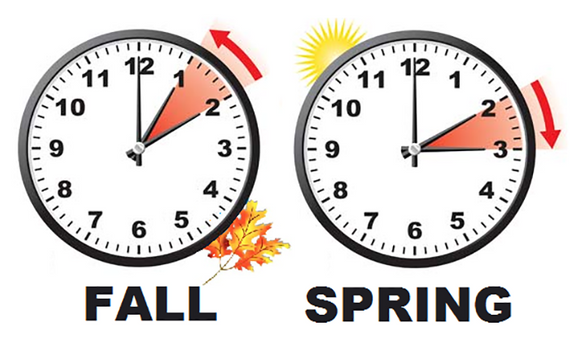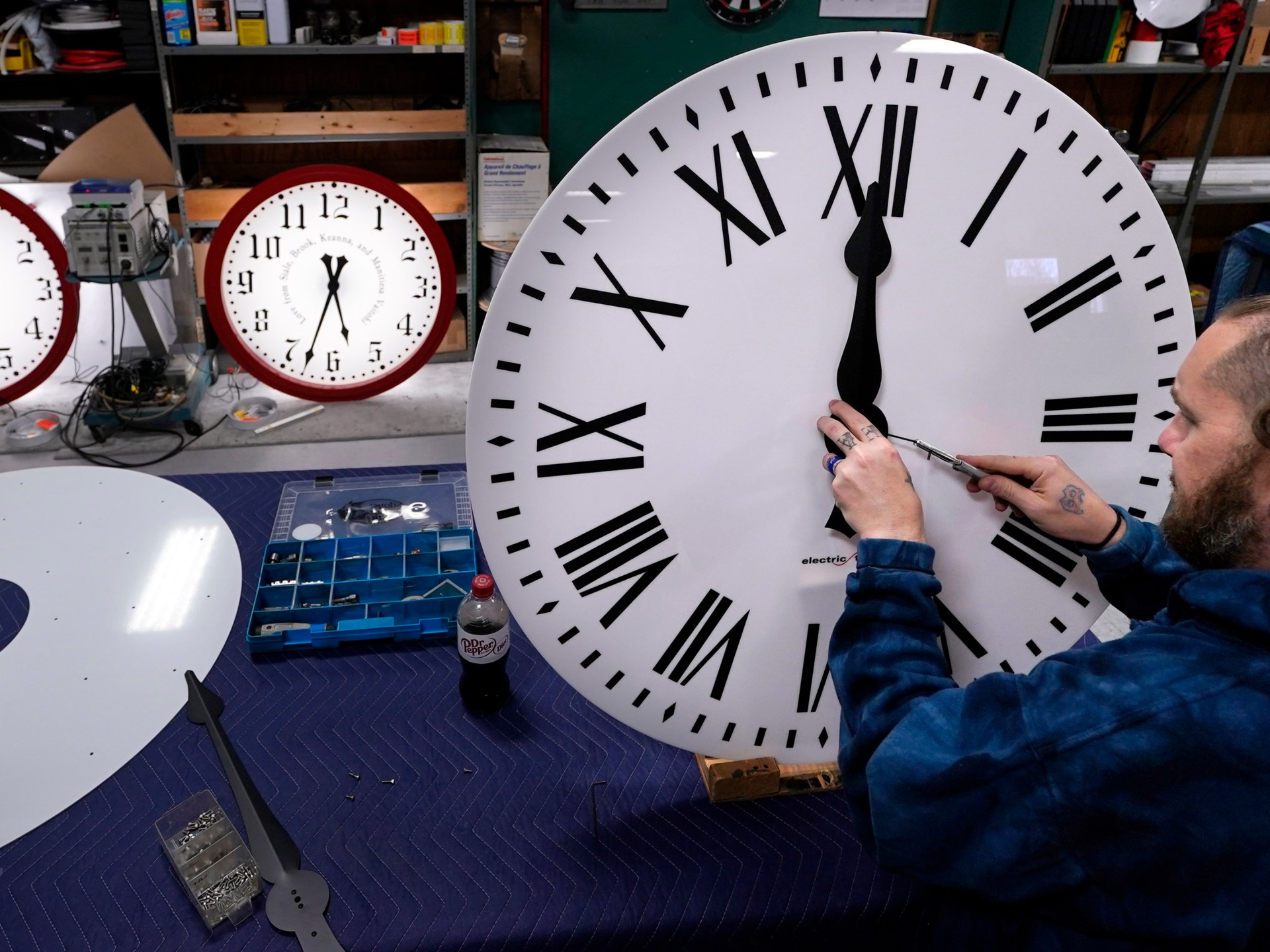As Daylight Saving Time comes to an end, we seemingly gain an extra hour, but the reality for many is a disrupted sleep routine.
Advertisement
The shift in sunlight takes its toll on our bodies, causing initial sleepiness at night and early awakening with the morning light.
Despite the perceived bonus hour in bed, adjusting to this change might result in a temporary sleep debt. In the first few days post-transition, sleep quality could be compromised.
So, while the clock may give us an extra hour, the adjustment period challenges our sleep patterns, reminding us that time isn’t always synonymous with restful slumber.
Advertisement

Photo via BBVA Openmind
How does daylight savings affect sleep?
Daylight saving time (DST) affects our sleep by disturbing our internal clock, known as the circadian rhythm. This rhythm depends on light exposure to manage sleep and wakefulness.
When we “spring forward,” losing an hour disrupts the timing, making it tough to sleep and rise early. This results in short-term sleep loss, fatigue, and reduced alertness, especially in the days after the change.
Although usually temporary, it’s tough for kids, seniors, and those with sleep issues. DST’s impact on sleep underscores the importance of adjusting gradually and prioritizing sleep hygiene to mitigate its effects on our well-being.


Leave a Reply